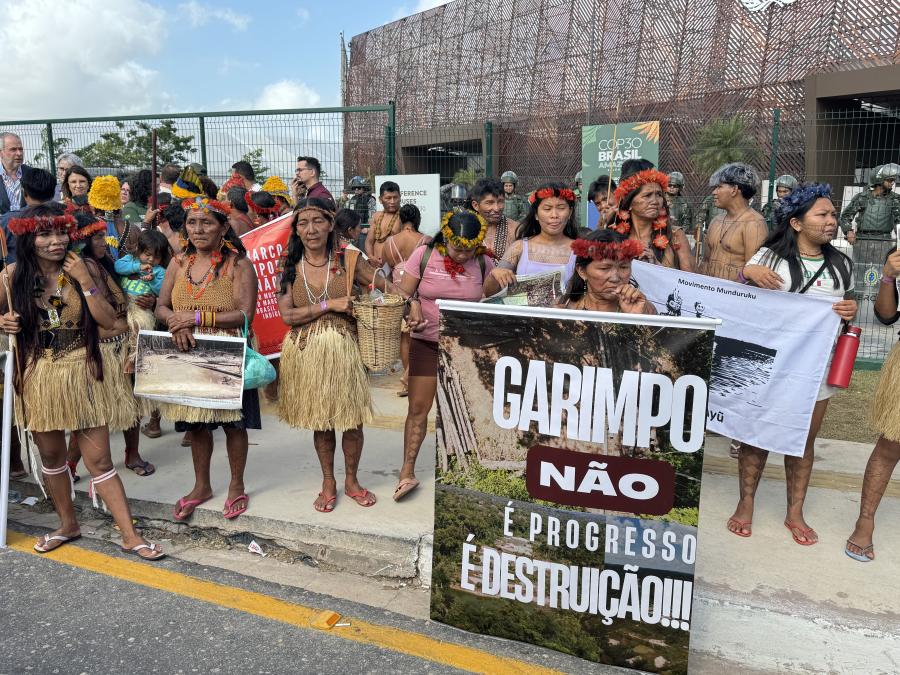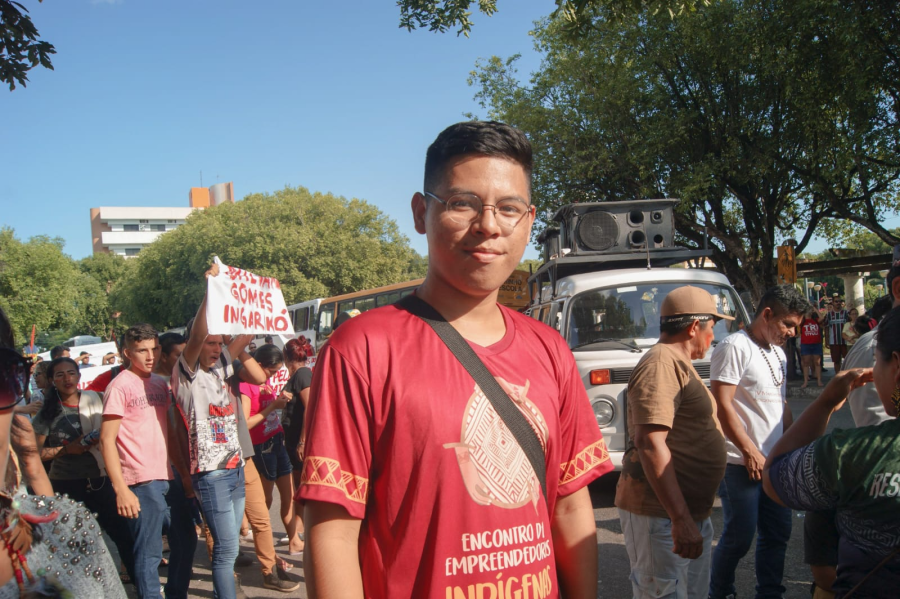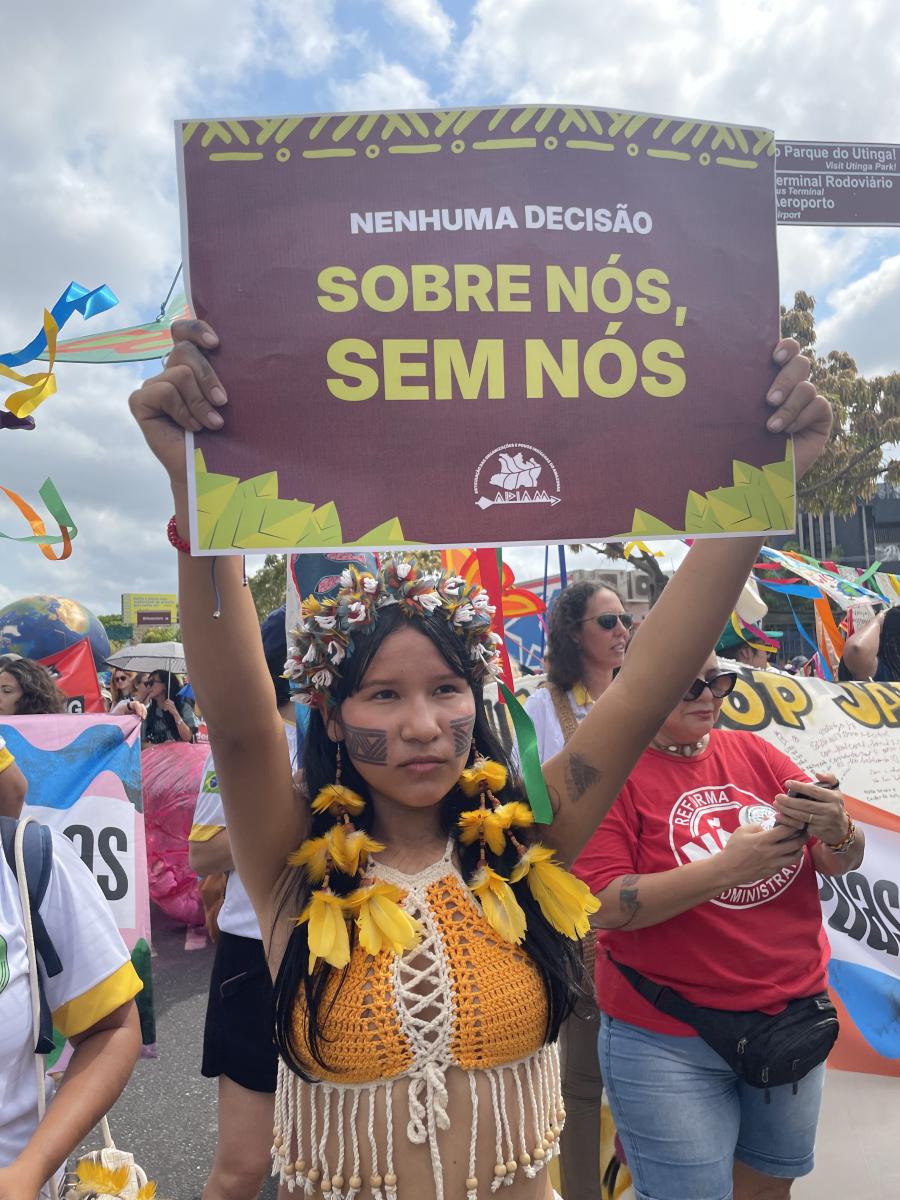Since the late 1980s, the Yanomami of Brazil have faced violence, disease and environmental destruction brought by gold mining garimpeiros who have invaded their homeland in northern Brazil. According to Gail Goodwin Gomez in State of the Peoples, over 15% of the total Yanomami population died between 1987-1990 from violence, malnutrition, malaria, and other epidemics brought by the garimpeiros. In response to the international attention brought to the yanomami's plight, the Brazilian government formally demarcated the Yanomami's territory in 1992 and began a program to bomb illegal airstrips in an effort to expel miners from the region. This year, Brazil's National Indian Agency, FUNAI, began a highly successful surveillance program to keep the prospectors out of Yanomami territory. However, on March 7 of this year, the program was suspended because of a lack of funding, and the miners have re-entered the area in full force.
The miners have reportedly been trading arms with the Yanomami for food and for sexual relations, and violent clashes have left three Yanomami dead. The reappearance of the miners has also resulted in a dramatic increase in the number of cases of malaria, TB and venereal diseases among the Yanomami.
In desperation, Yanomami leader Davi Kopenawa wrote a letter to NGOs and government officials in which he reported that there were 3000 miners on the Brazilian side of the territory and 4000 miners in Yanomami lands in Venezuela. This letter was read before a public audience on June 19 and inspired Justice Minister Nelson Jobim to promise to resume the "Free Jungle Operation," the program of bombing illegal airstrips in Yanomami territory. Jobim allocated $6 million for this project. However, the government has not taken any action so far, and the money Jobim promised has not been put to use. The Brazilian government must make money available to FUNAI so that the organization can resume its surveillance operation. Article copyright Cultural Survival, Inc.



